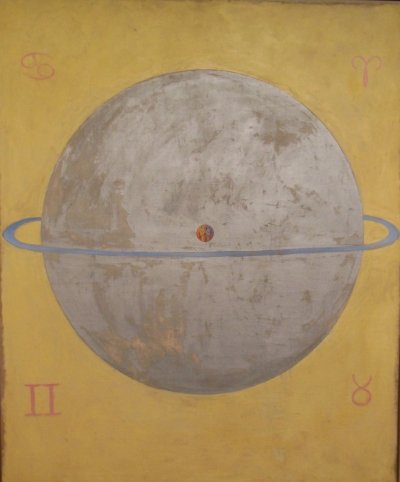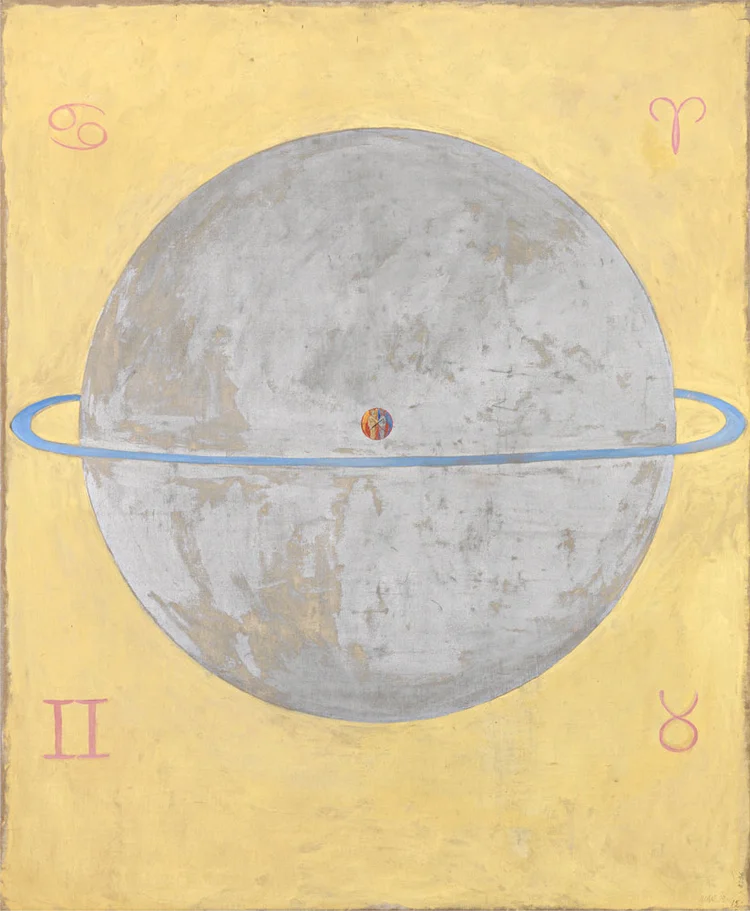The hostility of ‘science' towards astrology highlights its own blind spot. They do not even bother to understand the subject, mistaking a hermeneutic topic (like linguistics) one to be judged by natural scientific methods. These are 'Non Overlapping Magisteria’ (a term introduced by Stephen Jay Gould to indicate that science and religion each represent different areas of inquiry). - But it is hard for science not to overreach and play the role of ultimate arbiter. A case in point is the statement ‘Objections to Astrology’, published in 1975 and signed by 186 Leading Scientists (and 18 Nobel Prize Winners!). Both the astronomer Carl Sagan and the philosopher Paul Feyerabend took the scientists to task for their inapt attack on astrology. Being men of reason they felt driven to hold science to its own standards.
The Anti-Astrology Manifesto read, in part:
One would imagine, in this day of widespread enlightenment and education, that it would be unnecessary to debunk beliefs based on magic and superstition. Yet, acceptance of astrology pervades modern society. We are especially disturbed by the continued uncritical dissemination of astrological charts, forecasts, and horoscopes by the media and by otherwise reputable newspapers, magazines, and book publishers. This can only contribute to the growth of irrationalism and obscurantism. We believe that the time has come to challenge directly, and forcefully, the pretentious claims of astrological charlatans.It should be apparent that those individuals who continue to have faith in astrology do so in spite of the fact that there is no verified scientific basis for their beliefs, and indeed that there is strong evidence to the contrary. (The whole text can be accessed at <www.astrologer.com/tests/objections.html>)
Carl Sagan declined to sign the manifesto, explaining:
“I struggled with [the manifesto’s] wording, and in the end found myself unable to sign, not because I thought astrology has any validity whatever, but because I felt . . . that the tone of the statement was authoritarian. It criticized astrology for having origins shrouded in superstition. But this is true as well for religion, chemistry, medicine and astronomy, to mention only four. The issue is not what faltering and rudimentary knowledge astrology came from, but what is its present validity. . . . Then there was speculation on the psychological motivations of those who believe in astrology. These motivations . . . might explain why astrology is not generally given the skeptical scrutiny it deserves, but is quite peripheral to whether it works. . . . The statement stressed that we can think of no mechanism by which astrology could work. This is certainly a relevant point but by itself it’s unconvincing. No mechanism was known for continental drift . . . when it was proposed by Alfred Wegener in the first quarter of the twentieth century to explain a range of puzzling data in geology and paleontology.” (Sagan 1976)
Feyerabend was even harsher:
“The learned gentlemen have strong convictions, they use their authority to spread these convictions (why 186 signatures if one has arguments?), they know a few phrases which sound like arguments, but they certainly do not know what they are talking about. . . . [The manifesto] shows the extent to which scientists are prepared to assert their authority even in areas in which they have no knowledge whatsoever. “ (Feyerabend 1978)
But, to be fair, it must be said that Feyerabend himself is critical of astrology and he concludes "... It is interesting to see how closely both parties approach each other in ignorance, conceit and the wish for easy power over minds."
Paul Feyerabend (1924-1994), Austrian-born philosopher of science


